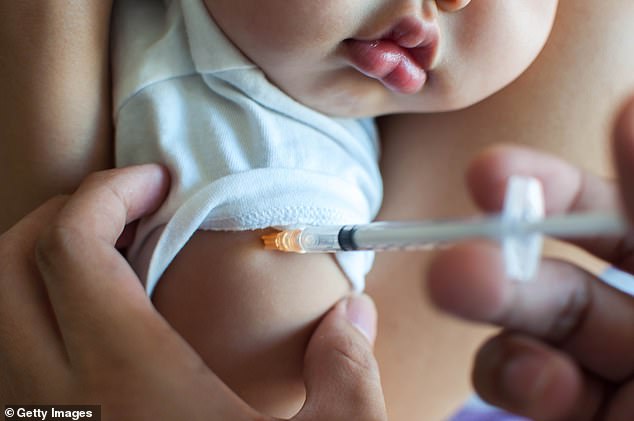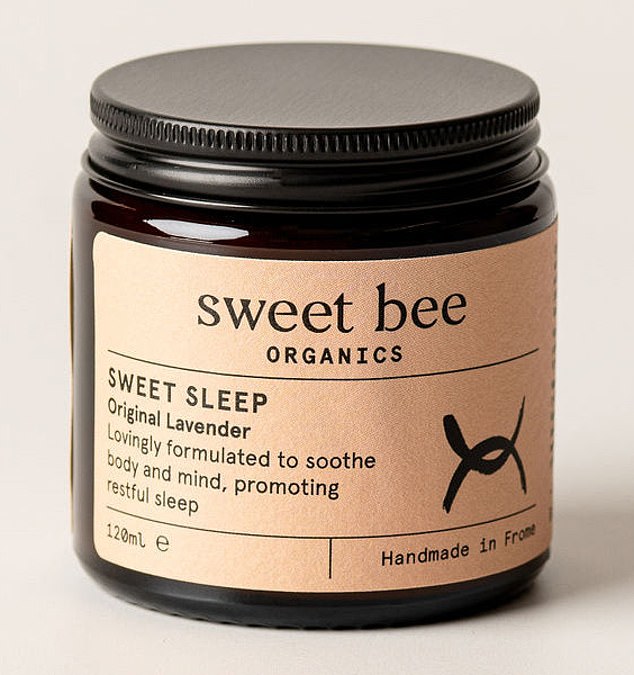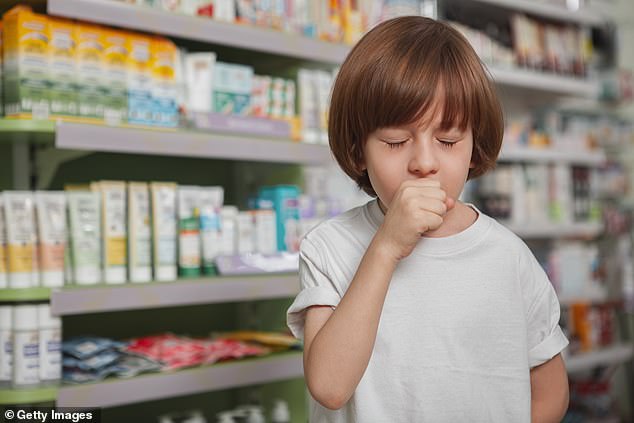Six lives every minute. That is the amount saved thanks to vaccines, according to a study by the World Health Organization and published in The Lancet earlier this year. That’s equivalent to 154 million people in the last 50 years alone. And the vast majority of lives saved in that half century (101 million) were babies.
It was the Englishman Edward Jenner who observed that people infected with cowpox were immune to the more deadly smallpox. In 1786 he created the first vaccine, using matter from a cowpox sore to inoculate against smallpox. In the more than 200 years since then, we have developed and distributed vaccines for a large number of diseases that were once fatal or debilitating.
However, now it seems that we have become so complacent about the benefits that people are avoiding vaccines altogether. Which makes them – and to some extent all of us – much more vulnerable to disease.
The current whooping cough outbreak has rightly frightened parents. It’s the worst we’ve seen in 40 years. Many adults have also succumbed to it, suffering from the so-called ‘100-day cough’.
The UK Health Security Agency (UKHSA) has confirmed that 2,793 cases of whooping cough had been reported by the end of March and that five babies have tragically died from the infection.
The current whooping cough outbreak has rightly frightened parents. It’s the worst we’ve seen in 40 years, writes Dr Max
There is always a lag between deaths and the publication of official figures, so it seems inevitable that the real number is already higher. Last week it was reported in this article that pediatric intensive care units are at capacity due to whooping cough and measles, meaning they are full to bursting.
There are several factors at play here. Yes, the problem may be due, in part, to reduced community immunity caused by lockdowns. But there is no doubt that it has also been fueled by an increase in the number of parents refusing to vaccinate their babies and young children, and some pregnant women also refusing the vaccine.
With uptake of the six-in-one vaccine given to babies (which also protects against diphtheria and polio) not much more than 90 percent over the past 12 months, we are rapidly losing the blanket coverage we need to keep at bay. whooping cough In London it has dropped to 86 per cent.

Vaccine refusal has been a problem since the 1990s, when unfounded fears about the MMR vaccine caused a drop in its acceptance.
In fact, “vaccine refusal” has been a problem for many years. It all started in the late 1990s with the panic caused by Andrew Wakefield, a doctor who wrongly linked the measles, mumps and rubella vaccine to autism. That has been categorically refuted, of course, and Wakefield was removed from the medical register (although he remains a vocal anti-vaxxer). But the idea that vaccines can be dangerous persists. Many parents still have a little worry.
You might think that those who were more hesitant would be people from less educated backgrounds, perhaps because they don’t understand the science or aren’t aware of how crucial vaccination is to their children’s health. But in fact, research suggests the opposite. With MMR, for example, some of the lowest vaccine acceptance rates are in some of the wealthiest regions. This suggests that groups of typically educated and otherwise proactive people in health matters are actively turning their backs on vaccines.
This seems to me to be part of a broader trend. I have certainly noticed in middle-class patients a growing sense that they know better when it comes to their health. They no longer blindly trust doctors and experts and often resist or are skeptical of health campaigns because they don’t like being told what to do.
This lack of trust has been exacerbated by social media. People are bombarded with misinformation and outright lies online, and many believe them.
It’s very easy to get sucked into forums run by people who think they “know better” than doctors.
Add to this the feeling of superiority sometimes found among middle-class patients (a reluctance to defer to those with medical qualifications), and we get vaccine rejection.
There is another, more confusing problem: people are tired of vaccines after Covid.
Humans tend to have short attention spans, and after the monumental push to vaccinate people in 2020, they’re simply bored of hearing about shots and how important they are. They are not prioritizing it.
I am concerned that vaccine skepticism will worsen following revelations that, while saving millions of lives around the world, AstraZeneca’s Covid shots have been found to be linked to potentially serious complications.
Scientists test vaccines rigorously; Pharmaceutical companies can’t afford not to.
One of humanity’s greatest advances was the development of a scientific research method that tests hypotheses (and all new medical treatments) as objectively as possible. And we know that the childhood pertussis vaccine is safe.
If we want to avoid further increases in infectious diseases, doctors must better interact with those who are skeptical of vaccines. It is vital that misinformation and misunderstandings are discussed openly. We should never be afraid of debate.
While it is unlikely to change the minds of staunch anti-vaxxers, it will hopefully expose some of the falsehoods circulating about the whooping cough vaccine and help those who are hesitant or confused make an informed decision about how to protect their children.
Is it just me or is this gross?

Damian Hurley, 22, had to direct his mother, Elizabeth Hurley, 58, in a sex scene in his new movie
Most people find the idea of their parents having sex something they would rather not think about. But imagine if you had to not only think about it but choreography The action too?
Damian Hurley, 22, had to do just that when he directed his mother, Elizabeth Hurley, 58, in his new movie. Speaking afterwards, Liz said: ‘Everyone knows it’s not really sexy to film any kind of intimate scene… Damian made it very comfortable. It was nothing.’ I’m sure he’s right, but still. There’s something a little icky about his son being involved like this.
Part of me loves that the two are so close (they seem more like friends than mother and son), but I’m also not entirely on board with him taking racy photos of her posing in a bikini to promote her beachwear. I can’t help but think there is something to be said for boundaries.
As one ages, a fall can have devastating consequences. As bones become brittle, even a simple trip can lead to a fracture.
One in three people over 65 and half of those over 80 will suffer at least one fall a year, costing the UK around £4.4 billion a year.
That’s why I love a new program called Finding Your Feet, designed by British Judo. It is a course, taught by judo coaches, that takes 18 different judo techniques adapted for older people at risk of falling.
they will be It shows how to improve your balance and how to fall safely. It’s a brilliant idea.
Dr. Max prescribes: Sweet Bee Organics

This new range of handmade organic products uses many natural ingredients. My favorite is “Sweet Sleep Magnesium Butter,” which you rub on the bottoms of your feet 20 minutes before bed.
There is evidence to suggest that magnesium improves sleep by acting on certain brain chemicals, such as NMDA, GABA, and melatonin, that affect a person’s feeling of relaxation or tiredness.


